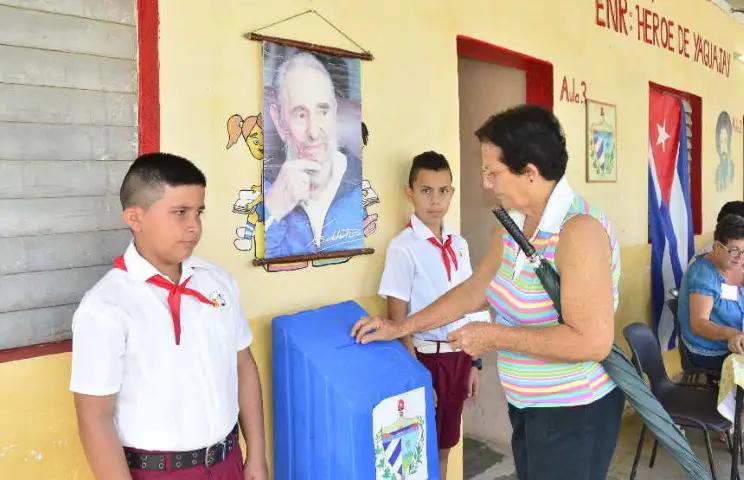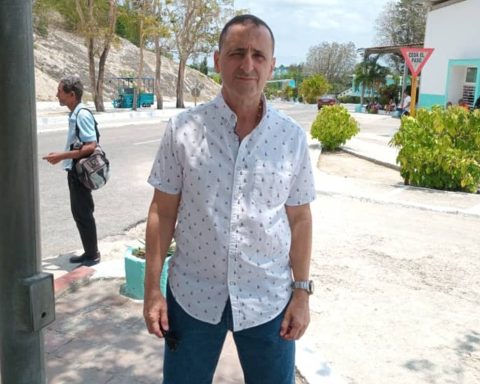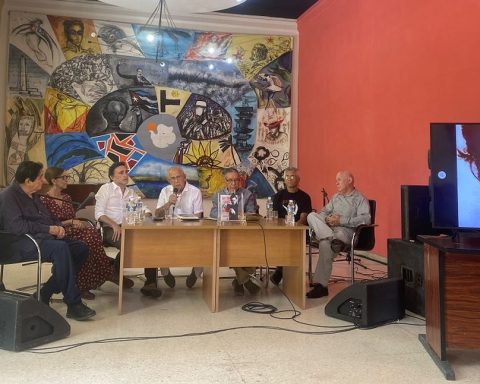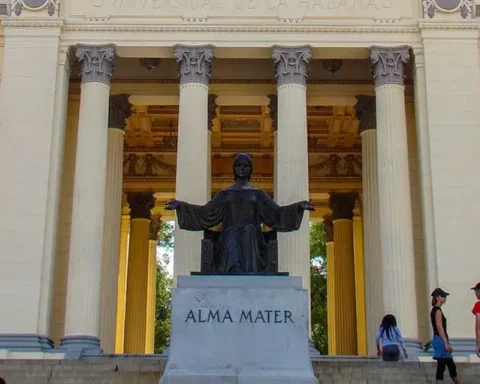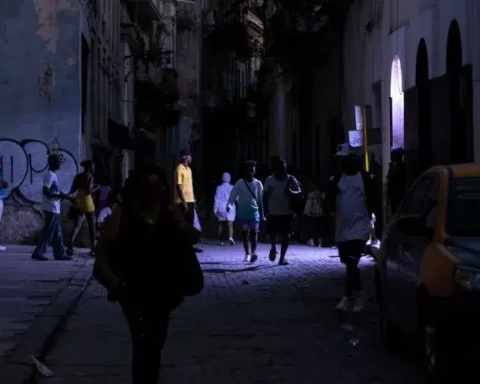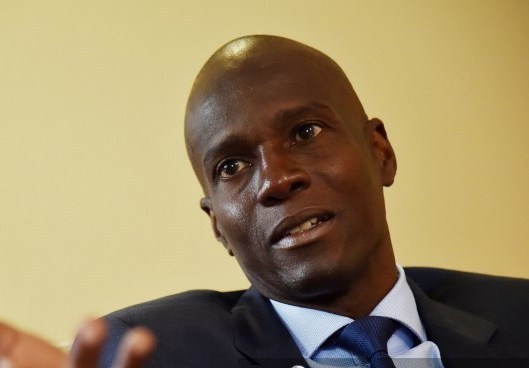HARRISONBURG, United States. — This Sunday, March 26, Cuba will be the scene of another gigantic farce, the alleged “elections” for deputies to the National Assembly of People’s Power (ANPP).
If I put the word in quotes, it is because there have been no truly democratic elections in Cuba since the coup d’état of March 10, 1952.
Definitively aligned with the USSR after the invasion of Czechoslovakia by Soviet troops and the internal disagreements within the party having been definitively resolved with the arrest of Aníbal Escalante, Fidel Castro set about the task of institutionalizing the country, integrated since the decade of the seventies to Council for Mutual Economic Assistance (CAME).
But the Cuban institutionalization was not such because in addition to being a copy of what was done in the USSR, one cannot speak of an institutionality where there is no independence of the legal and judicial powers with respect to the executive, nor freedom of the press. The proclaimed Cuban institutionalism in such conditions is a mere proclamation for a fair, with clowns included.
The only hint of ephemeral and inconsequential democracy that existed in the Cuban system of government was the moment of the election of the delegate of the People’s Power of each constituency. It ceased to be since State Security began to persecute citizens who dared to present themselves as independent candidates. Even managing to position several of these citizens in a Municipal Assembly of People’s Power this would not change anything, since from that instance the candidacies for members of the Provincial Assemblies of People’s Power and the ANPP are made by commissions subordinated to the Communist Party of Cuba (PCC), in charge of selecting those who will form part of these government instances, actually another of the executive mechanisms of the single party.
Almost fifty years after this system of government was established, which is popular only in name, the figure of the Delegate He has worn himself out so much that no one really sensible feels represented due to the impossibility of the community drawing up a plan of objectives that he can carry out.
The same can be said of those who have formed and will now form part of the ANPP. In the same way that in Cuba there is no parliament, I refuse to call these citizens deputies, not only because more than half of them are going to be elected by a territory in which they do not live, but because they all obey the instructions of a single political force. For this reason, it cannot be affirmed that this Sunday there will be elections in Cuba, since the people will only be able to vote for people who represent the interests of a single political force.
Ordinary Cubans know that none of those characters that will make up the new ANPP will open their mouths even once in their legislature to question the repeated failed policies of the executive, oppose the daily breaches of the Castro constitution itself, point out the violations of the law enforced by the prosecution, the courts and other repressive forces or to fight for a genuine rule of law.
The Cuban who is not satisfied with only seeing and listening to what the official media tell him, but who also educates himself with other sources and contrasts them with his reality, knows that none of those “salaried employees of official thought” – to quote a phrase of the Argentine with the happy trigger— will never have the courage to question the modus vivendi of many of the leaders who, together with them, will occupy several days a year the place where the ANPP meets. Much less will they have the courage to ask that the people be informed about the money that the state budget allocates to the Armed Forces and the Ministry of the Interior (MININT) or to ask where the money that the children, grandchildren and nephews of the Castros, or to ask why the Comptroller General of the Republic cannot audit GAESAthe economic complex controlled by the Cuban military hierarchy.
That is why it is understood that, going beyond opposing opinions before similar elections in the past, now the Cuban democratic opposition has decided to opt for not attending the polls.
If we take into account the results of the Constitutional Referendum held on February 24, 2019, those of the Referendum on the Family Code held on September 25, 2022, and those from the municipal votes held on November 27, it can be seen as abstentionism has increased considerably. If we add to this the number of canceled or blank ballots, one can have an idea of the magnitude that popular discontent has reached with respect to the actions of those who lead without having been chosen by the sovereign.
Taking these data into account, it seems irreversible that abstentionism and the numbers of blank and canceled ballots will continue to grow.
However, it should not be forgotten that ultimately the one who counts the votes is the Communist Party. That is why I do not share the optimism reflected in a certain banner that the opposition has spread on social networks and which states: “Empty ballot boxes cannot be inflated.”
Pretending to attribute objectivity to the results offered by the National Electoral Council (CEN) in elections where opposition or international observers are not allowed, nor is there the possibility of corroborating those results through subsequent investigations, is something like recognizing an ethical action to who direct it and decide what should be disclosed.
OPINION ARTICLE
The opinions expressed in this article are the sole responsibility of the person who issues them and do not necessarily represent the opinion of CubaNet.
